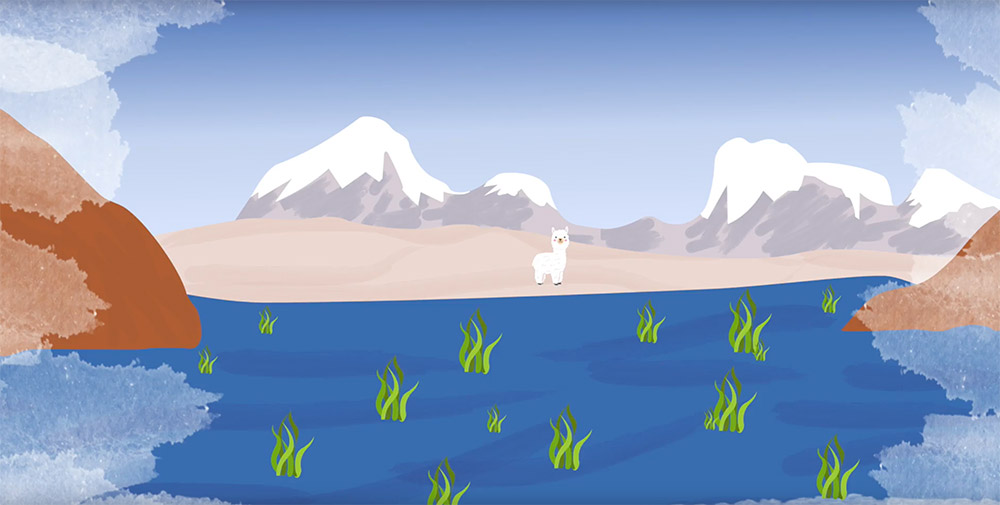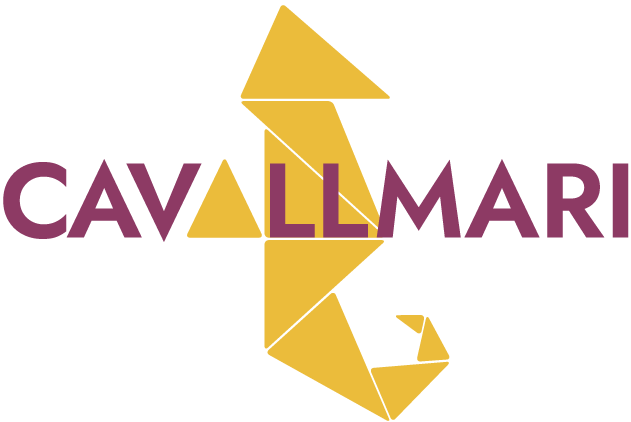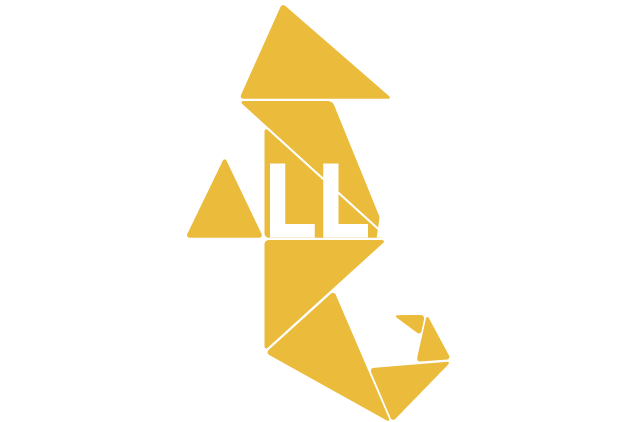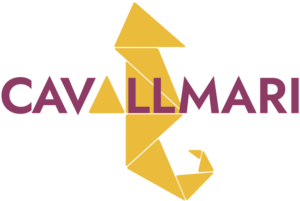Titicaca Algae Project

This collaborative project together with two engineers in Germany, was presented to a vegan incubator of start-ups just before the pandemic hit in March 2020. It focused on combining agriculture, technology and food innovation based on Circular Economy for cleaning contaminated waters, farming different types of algae and producing plant-based edible products as well as organic fertilizers and other biomass components.
The goal was to clean one of the polluted shores of Lake Titicaca, shared by Bolivia and Peru and which for the last two decades has been going through a disproportional anthropogenic eutrophication due to agricultural fertilizers, mining activities and human waste from its surroundings. This causes unusual growth of freshwater algae and so the following digestion processes consume oxygen, provoking the death of most of the lake’s marine life. This is not only severely harming the local ecosystem but also affecting the health of its native population.
The business idea was about implementing a zero waste microalgae extraction plant supplying algae-related products not only for local, national use but also for export. One particular product would be a plant-based version of a fish called “Ispi”: The Ispi is part of a traditional diet of communities living near Lake Titicaca and nearby cities such as El Alto and La Paz in Bolivia. Poorly controlled fishing practices and pollution have put this species among others in a vulnerable, almost extinct state.
This sustainable social project as a whole would have a direct and indirect positive impact in reducing animal product consumption. At the same time, it enables a better, more sustainable aquaculture, environment and quality of life for the many people, not only at the Lake Titicaca in Bolivia and Peru but globally introducing more viable models of vegan food production and consumption towards our future.
Web developed by UXAI



Comments are closed.